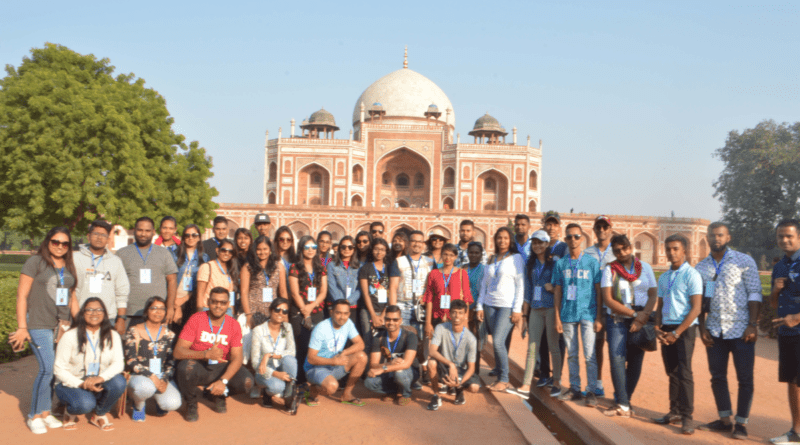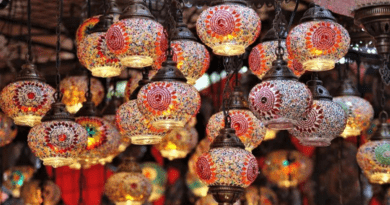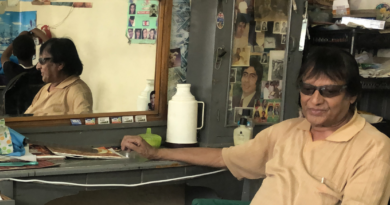The Good Impact Of The Amazing KIP
The Know India Programme (KIP) is presently in its 74th edition. We were inspired to think about the ongoing story of the hardships faced by ‘Girmitiya’ nations and their diasporas after our recent interaction with forty youngsters of Indian origin (PIO) representing different parts of the world, ages 21 to 35, at the Antar Rashtriya Sahyog Parishad (ARSP) this week.
The group of Indians who immigrated under the designation of Indian indentured labourers was known as the Girmitiya, or jahajis in some cases. In the 18th century, the British and French used the Indian indentured labour arrangement to send Indians in order to fill the work gap in their colonies when slavery was abolished. While there were a variety of reasons why some Indians left their homeland in search of better prospects, many were tricked by contractors and became victims of exploitation inside this system.
This is the way Indians moved and finally established themselves, first working on sugarcane and coffee plantations in places like Mauritius, the Seychelles, Reunion, and Trinidad and Tobago. Following the abolition of slavery, there was a sharp increase in migration, with 525,482 Indians leaving their homeland for British and French territories between 1842 and 1870.
Some of the labourers decided to go back to India when their indenture contracts expired, but the majority decided to stay in their adopted nations. Many overcame terrible discrimination and exploitation while living under colonial control in order to start families and build livelihoods in their new communities. Their Indian identity continues to be a powerful link to their native country, despite their difficulties. Proficient in their native languages, including Bengali, Malayalam, Bhojpuri, Tamil, Gujarati, and Hindi, they uphold strong connections to Indian customs and civilizations.
There was, nevertheless, a notable gap: for a variety of reasons, PIOs from later generations had never had the opportunity to travel to their ancestral homeland. Understanding this, the Indian government made an effort to close the divide and establish ties with the younger Indian diaspora. Early in the new millennium, the government introduced a number of programmes, such as Pravasi Bharatiya Diwas, as part of an enlarged diaspora strategy.
One of the 2003-introduced initiatives was the Know India Programme (KIP). The government’s readiness to welcome KIPs is indicative of its emphasis on building relationships with PIO youth. The fourth KIP to be held in 2024 is the 74th KIP, which is taking place from February 11–March 1, 2024. For these forty young PIOs, the government has planned an organised programme that would take them throughout India. Visits to landmarks, tourist destinations, cultural institutions, and public and private universities are all included in this programme.
The intention is to provide them with a thorough awareness of India’s recent advancements, cultural legacy, and socioeconomic prosperity. Exposure to a variety of traditional disciplines, including yoga, Ayurveda, classical Indian music, and dance forms, is also included in the programme. Participants also get the opportunity to tour important establishments related to democracy and government, such as the Rashtrapati Bhawan and the Indian Parliament. In addition, participants are familiar with landmark initiatives related to development and the economy, including Made in India, StartUp India, and Digital India.
The Know India Programme (KIP) has garnered significant recognition and backing from the worldwide expatriate population, especially among the elderly demographic. It is important because it can act as a link between the younger diaspora members and the developments occurring in their ancestral homeland. These young people receive insightful knowledge of India’s current developments—from socioeconomic advancement to cultural revitalization—through KIP. Through the provision of firsthand experiences and exposure to diverse aspects of Indian life, KIP enables these young individuals to influence their perspectives and comprehension of their nation of birth.
In addition, the programme strengthens participants’ ties to India and gives them a sense of belonging even when they live in other countries by encouraging a strong sense of emotional and cultural attachment.




